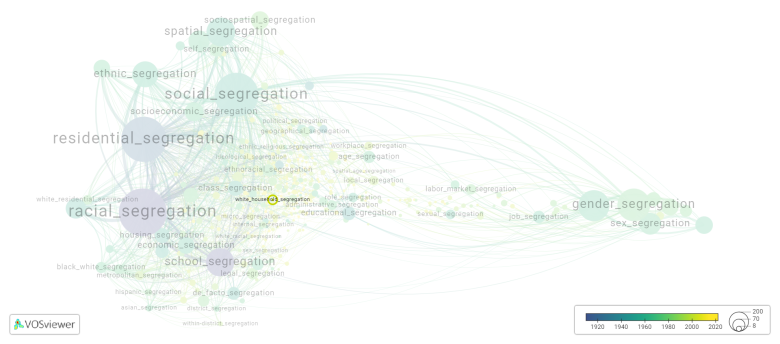White household segregation
Date and country of first publication[1]
2013
United States
Definition
White household segregation refers to the pattern of white individuals or families choosing to live in neighborhoods or communities where the majority of residents are also white. This form of segregation can occur as a result of personal preference, economic factors, or systemic factors such as discriminatory housing practices.
White household segregation can lead to social and economic disparities, as it can perpetuate racial inequalities and reinforce the marginalization of minority communities. It may also contribute to the lack of diversity and cultural enrichment in certain neighborhoods.
Efforts to address white household segregation may include promoting fair housing practices, creating affordable housing options in diverse neighborhoods, and encouraging inclusive community development initiatives. It is important to work towards creating more equitable and integrated communities to foster social cohesion and reduce racial segregation.
See also
Related segregation forms
White household segregation is frequently discussed in the literature with the following segregation forms:
racial segregation, residential segregation, household segregation

This visualization is based on the study The Multidisciplinary Landscape of Segregation Research.
For the complete network of interrelated segregation forms, please refer to:
References
Notes
- ↑ Date and country of first publication as informed by the Scopus database (December 2023).
White household segregation appears in the following literature
Fischer M.J. (2013). Black and white homebuyer, homeowner, and household segregation in the United States, 1990 2010. Social Science Research, 42(6), 1726-1736. https://doi.org/10.1016/j.ssresearch.2013.07.015
